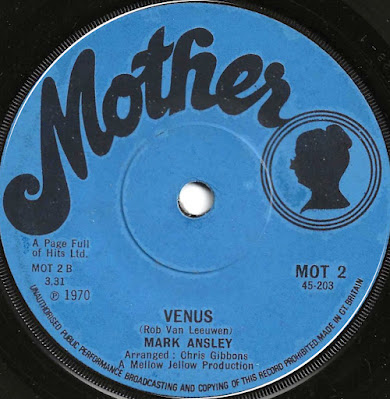Jazz fusion types with instrumental funky shenanigans
Label: President
Year of Release: 1982
President was one of the first successful independent labels in the UK, scoring very quickly with The Equals in the sixties and seldom looking back throughout the rest of that decade. By the eighties, though, success was becoming much more elusive for the label, and there's a towering pile of (frequently limited run) flops of varying genres and styles to pick through.
Most are utterly unrewarding, it has to be said, but this one turned out to be a bit of a pearl. Strange Fruit were a group formed by Geoff Castle of jazz-rockers Nucleus and Paz and Rick Morcombe in the late seventies who specialised in jazz fusion. One LP emerged on President in 1981 (the unimaginatively and optimistically titled "Debut") which contained side A here, which is a busy, pounding slice of none-more-eighties instro-funk. The hyperactive bass line provides a solid foundation for the swinging brass, and the whole thing manages to be fun despite its fussiness and undoubted resemblance to an early evening drama theme.
Perhaps the fact it sounds like it's from a soundtrack shouldn't be surprising, because both Castle and Morecombe had form in this area, producing the KPM library music LP "Pulse Of The City" in 1978, containing tracks such as "Action Event", "Street Hussle", "Funky Cat" and "City Lights". In places, that LP offers more of the same, but with a distinctly less ambitious or punchy production. Any library music aficionados who enjoy that surely won't be disappointed with this single.















